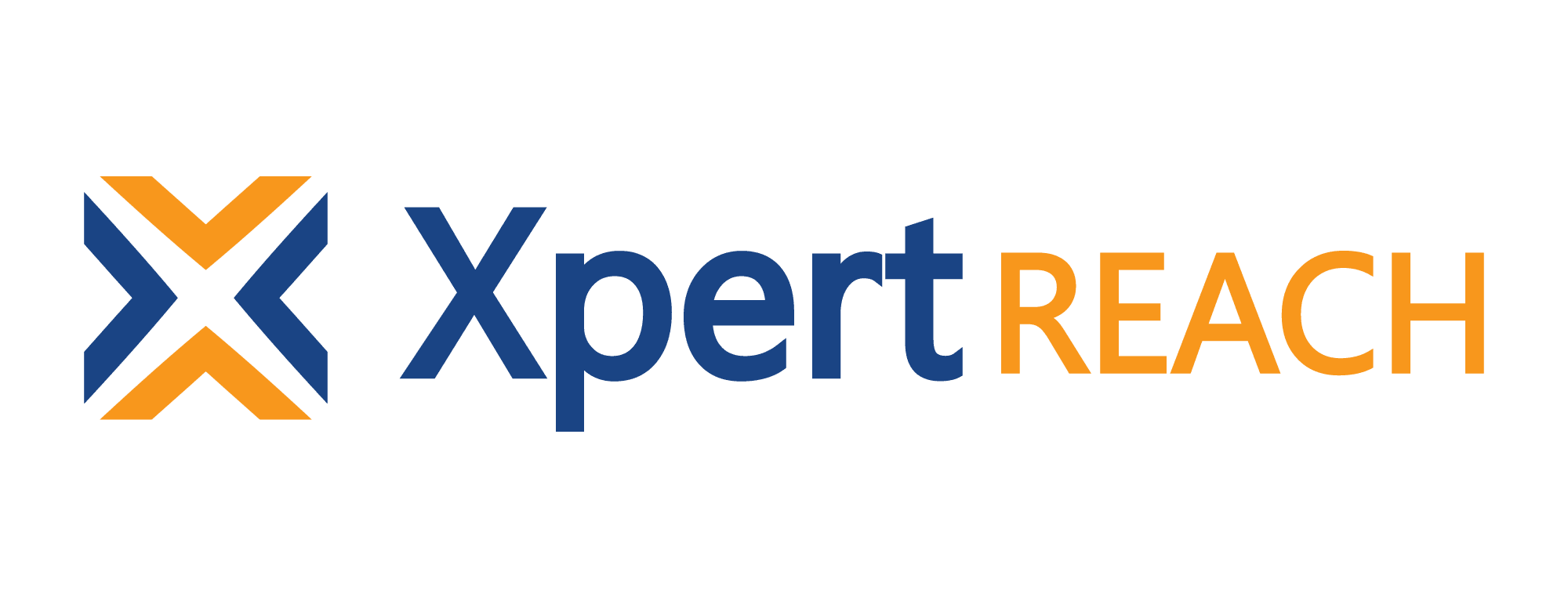Interim or project-based hiring
- November 28, 2021
- Posted by: publisher@xpertreach
- Category: Gig economy

– is it the future?
In the era of globalisation and innovation, flexibility in work culture has become the new normal. Amidst the pandemic, many people have started to work on flexible, temporary, or freelance jobs often involving an online platform as a medium to connect with clients. Lately, the so-called “flexible workforce” or “gig economy” has taken the attention of many companies–be it a start-up or big firms like Google, Facebook, and PayPal.
What is interim and project-based hiring?
Interim hiring is a flexible solution for a company that involves hiring senior professionals or an expert with specific skill sets to support an organisation in their business at short notice. The convenience of hiring applicants to work as an interim opens the door to a broad range of talent to employers as they are not required to hire someone based on their proximity nor worry about a full-time contract pay. In a world that is constantly changing, it has become critical for businesses to learn and adapt quickly to make an impact in the market. Hence, there is a possibility of “interim hiring” becoming the future of work as some companies may find it vital to hire an expert to help businesses grow amid these sudden changes. However, one must now wonder how is project-based hiring any different from interim hiring and how will it impact businesses in the future? Project based hiring only focuses on finding talent on a per-project basis that allows the company to ensure that the work gets done within the deadline and budget without worrying about the entire recruitment process. The contracts could last for a week, a month, or even a year–depending on the project.
According to an article by Fortune, the “great resignation” that took place in April 2021 in the United States showed that about 4.4 million workers have voluntarily left their jobs to look for something more meaningful and purpose-driven work. The pandemic played a very important role in affecting the work dynamics over the last three years disrupting businesses all over the world upending the regular 9-5 jobs. This disruption led to an increase in the gig economy where workers found purpose-driven work and pursued gig work to find additional sources of income. In other words, there is a positive future for interim and project-based hiring as multiple companies have already started adapting to a “flexible” work culture and have noticed the sudden rise in employee satisfaction factor.
Why XpertReach?
A lot has been said about how interim and project-based hiring started to see a sudden rise due to the pandemic and how it can become the future of work. However, as mentioned above, interim and project-based hiring usually focuses on finding “experts” or so-called “experienced” people who have worked on a specific skill for over twenty years and are capable to run a business for a preferred amount of time. Thus, enabling the businesses to solve a problem without additional onboard expenses. CXOs who have retired or have left the traditional contractual 9-5 jobs often prefer interim or project-based jobs where they can create a positive impact on a business.
This is where XpertReach comes — we are an established executive search firm with a curated platform supporting interim CXO and senior management roles helping connect clients with highly vetted independent consultants for on-demand work, specifically designed to meet the needs of organisations in developing and emerging markets.
Some examples of using Interim resources include:
- An infrastructure company with strong execution capabilities was planning for an IPO and required a short-term CFO to help them with IPO preparation and management.
- A services business required an Interim IT lead to support their ongoing initiatives / projects during a period where the CTO faced attrition in his team, with the head of applications leaving and the time for recruitment of a replacement expected to create a critical “gap”
- A manufacturing company with a domestic and international presence, required management that was capable to find in house solutions for implementing industry 4.0.
- A manufacturing / engineering company with a R&D set-up, required an interim global R&D leader in its sector, to help develop a 10 year vision and enhance R&D capability to complete with international leaders.
- A client-centric manufacturing company was not able to increase their turnover and they required an experienced interim CEO to advise them and assist in developing the growth strategy.
- A food and beverage company required a senior seasoned resource from an FMCG background to guide the team and develop a 5-year business plan, strategy and capabilities.
The future of Interim or project-based hiring
Even with the rise in flexible workforce, many are still hesitant to adapt to this new culture as factors like security, benefits, practicality, career, and personal growth start to play an important role when considering moving from a full time to an interim or project-based position. According to Mo Hanslod, Head of Interim Management in London, an average interim annual salary is around 20 to 25 percent more than the equivalent permanent position. Moreover, with a great deal of flexibility and independence, interim positions allows one to take an extended time off as the role finishes. However, as Mo Hansold continues to explain, a downside of working as an interim is the security because if one falls sick or sustains an injury, they won’t be paid for the sick leaves. For senior professionals who feel they need a change from their permeant jobs for a while–an interim or project based position can be a great opportunity since it will be more independent oriented. Even with a few downsides the flexible workforce will definitely continue to grow post pandemic and with talent leaders learning to adapt ensures the long-term viability of interim and project-based hiring.
